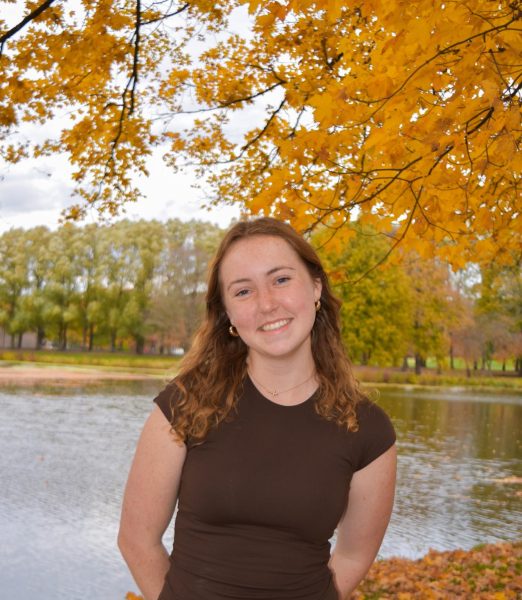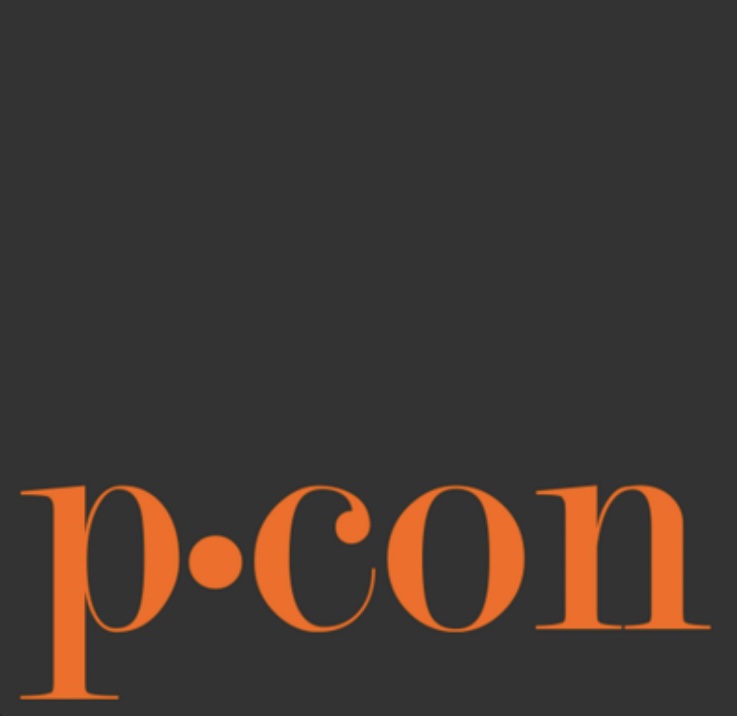The Politics of People: PCON Senior Theses
While outside observers may have difficulty differentiating political science from international relations from peace and conflict studies (PCON), those inside the PCON department are passionate about the intensely personal nature of their focus. Their theses cover a broad range of issues, cutting across disciplines to show holistic and humanized views of the topics.
Senior Anna Gianneschi, a PCON concentrator also double-minoring in Spanish and Middle Eastern and Islamic studies (MIST), was able to combine all her diverse fields of study when writing her PCON thesis.
“My thesis topic was the internationalization of Hezbollah; I basically explored the group’s transformation from a Shi’a militia to a transnational terror-crime syndicate,” Gianneschi said. “I first heard of Hezbollah’s involvement in Latin America in a class called ‘Understanding Terrorism’ while studying abroad in the [United Arab Emirates] my junior year. It was a topic I knew I wanted to explore further, as it presented a very contemporary intersection of my major and minors that I hadn’t found in my studies at Colgate previously.”
Senior Dassie Spivack is a PCON concentrator and writing and rhetoric minor. She wrote her thesis on threat inflation.
“My thesis was about cryptocurrency and how there are fears in Congress/the US government that it will be used as a form of terrorism financing, and so there is a lot of hype surrounding protecting and enacting legislation to prevent an attack that was financed via cryptocurrency,” Spivack said. “I made the claim that the political narrative regarding cryptocurrency has been inflated through a process called threat inflation.”
Spivack and Gianneschi both had to work at balancing their schedules with their thesis workload. Spivack said she found the process difficult, but very rewarding.
“[Writing my thesis] was definitely hard and a lot of work but it was really cool to see how the whole process came together from beginning to end,” Spivack said.
Gianneschi said she also found the workload intense but realized that writing her thesis helped her strengthen important skills as well.
“We had many major deadlines throughout the semester, so at times I found it difficult to balance the rigorous thesis class with other courses and outside-of-school commitments,” Gianneschi said. “But I definitely improved as a writer and a researcher.”
Senior Shannon Ayres also wrote a PCON thesis, but she is not a PCON concentrator. Ayres is a MIST and history double-concentrator, but, as the only MIST concentrator in her year, she had to find a non-MIST seminar to write her thesis.
“I chose to work with PCON for my MIST thesis primarily because Professor [Jacob] Mundy, who led my seminar last semester and is leading honors this semester, works in both the PCON department and the MIST department,” Ayres explained. “He was available to work on an independent study with me and was knowledgeable about the region I was interested in writing about.”
Ayres’ thesis focused on the impact of U.S. aid abroad.
“My thesis is a study on how U.S. foreign aid in the Jordan River valley has deeply impacted how water policies and agreements have been shaped between Israel and Jordan,” Ayres said. “Specifically, I am looking at the influence of [Franklin D. Roosevelt] and his New Deal programs as a way to argue how successful or unsuccessful these water agreements have been.”
Like Gianneschi and Spivack, Ayres pushed through her thesis despite the obstacles she encountered in the writing process.
“My writing process has had its ups and downs,” Ayres said. “I did a lot of groundwork and research on water policy in the Middle East for my seminar paper last semester, but I’ve had a hard time tracking down sources that connect specific presidents with the formation of significant water agreements.”
Gianneschi also experienced highs and lows while researching and writing her thesis.
“The writing process was challenging, but I learned a lot about myself,” Gianneschi said. “Professor [Daniel] Monk forced me to critically evaluate the arguments I proposed, re-examine underlying assumptions and eliminate ambiguity in my writing.”
The road to completing a thesis is a long one, with a rewarding end.
“I’m on the right track now, but it took me a while to get there,” Ayres said.

LJ Coady is a senior from Houston, Texas, concentrating in political science with a minor in religion. She has previously served as Head Editor of the...










